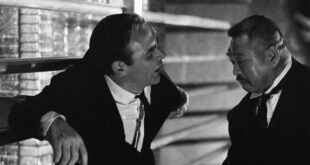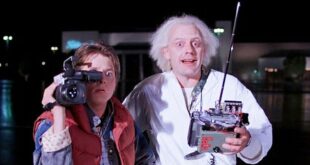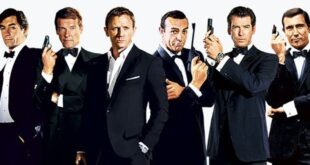
Woody Allen arrived at the Venice Film Festival last night for the premiere of his new and possibly final movie Coup De Chance.
The controversial 87-year-old filmmaker was accompanied by his 52-year-old wife Soon-Yi Previn and their adopted daughters, where they were met by protesters.
Previn is the adopted daughter of Allen’s ex-girlfriend Mia Farrow, who he was with for 13 years from 1979.
That was until he was caught having an affair with Previn when he was 55 and she was 21.
Over the last few years Allen has proven to be divisive in Hollywood circles because of allegations that he sexually assaulted Dylan, his adopted child with Farrow in the 1990s, which he strongly denies.
Shunned by Hollywood since the MeToo movement began, Allen is more popular in Europe now with Coup De Chance being his first film entirely in French.
Arriving at the Venice Film Festival, the 87-year-old was met with boos and protesters chanting “no rape culture” as scuffles between them and security broke out with a number trying to get onto the red carpet.
Nevertheless, the filmmaker ended up getting a standing ovation from journalists during a press conference.
Asked by Variety what his response was to Dylan’s accusations that he sexually abused her, Allen said: “My reaction has always been the same. The situation has been investigated by two people, two major bodies, not people, but two major investigative bodies. And both, after long detailed investigations, concluded there was no merit to these charges, that, you know, is exactly as I wrote in my book, Apropos of Nothing. There was nothing to it.”
Asked if he felt cancelled, Allen said: “I feel if you’re going to be cancelled, this is the culture to be cancelled by. I just find that all so silly. I don’t think about it. I don’t know what it means to be cancelled.
“I know that over the years everything has been the same for me. I make my movies. What has changed is the presentation of the films. You know, I work and it’s the same routine for me.
“I write the script, raise the money, make the film, shoot it, edit it, it comes out. The difference is not from cancel culture. The difference is the way they present the films. It’s that that’s the big change.”

 Latest Breaking News Online News Portal
Latest Breaking News Online News Portal




